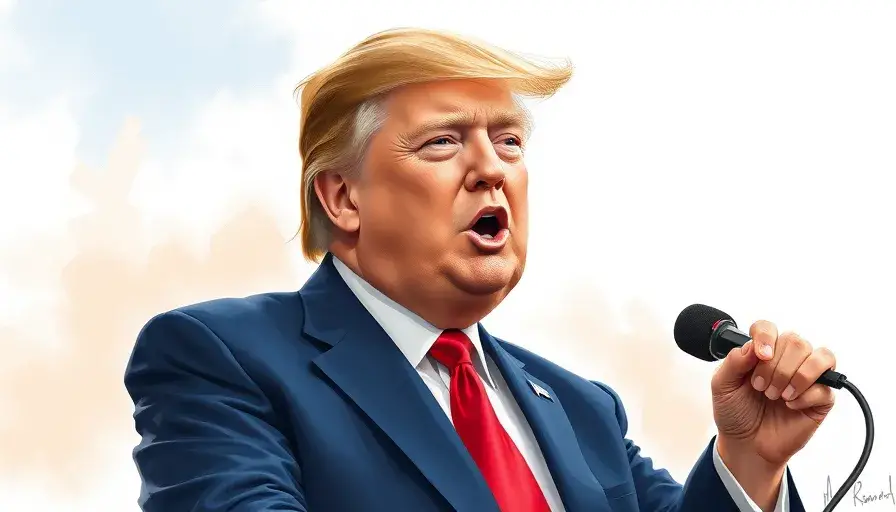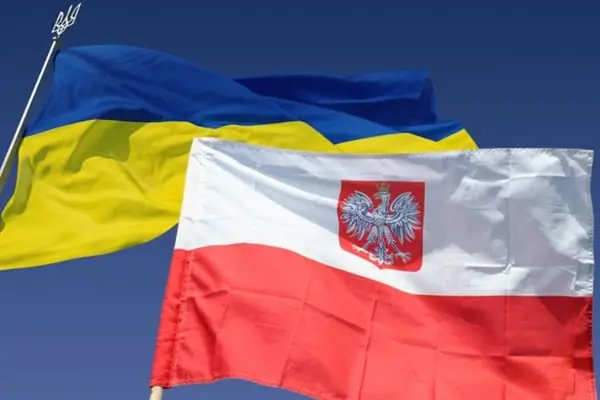Donald Trump and His Foreign Policy Priorities: A Threat to Ukraine?

Will Donald Trump’s Victory be a Political Catastrophe for Ukraine?
Donald Trump's return to active political life and the strong likelihood of him becoming the 47th President of the United States is causing significant concern among Ukrainian diplomats and Kyiv’s allies. His foreign policy views remain controversial, especially regarding Ukraine and the russian-Ukrainian war. Trump's pro-russian rhetoric, sharp criticism of aid to Ukraine, and his desire to revise key aspects of U.S. foreign policy pose serious risks to Washington's future support for Ukraine.
Trump’s Pro-russian Views
Since his first presidency, Trump has shown an unusual affinity for the russian regime and its leader, vladimir putin. This has manifested in both his soft statements about the kremlin and specific actions, such as his dubious meeting with putin in Helsinki in 2018. During that meeting, Trump essentially questioned the findings of U.S. intelligence agencies, which accused russia of interfering in the 2016 presidential election. Such actions provided a basis for conspiracy theories that claim Trump is under the influence of russian intelligence through kompromat or business ties with the kremlin.
Trump’s recent statements regarding Ukraine further confirm his friendliness toward russia. He has repeatedly called russia’s invasion of Ukraine a “brilliant” move and claimed that if he were president, the war would never have happened. These statements echo his other remarks about the possibility of “ending the war in one day”, which would essentially mean Ukraine capitulating to russia’s demands.
Neutrality or Isolationism?
Beyond direct criticism of Ukraine, Trump also demonstrates a general isolationist approach to U.S. foreign policy. While he cannot be called a complete isolationist like some early 20th-century politicians, he has repeatedly advocated for reducing U.S. involvement in global conflicts and cutting spending on international alliances.
One of the clearest examples of this approach was his desire to pull the U.S. out of NATO during his first term. Although he never carried out this plan due to resistance from Congress and his administration, his negative attitude toward NATO and the desire to reduce U.S. military obligations in Europe could have serious consequences for Ukraine’s security. After all, NATO remains the main deterrent to russia’s aggression against its neighbors.
Criticism of Aid to Ukraine
Another troubling signal is Trump's ongoing criticism of U.S. aid to Ukraine. In his speeches, he repeatedly emphasized the perceived excessiveness of this assistance, pointing out that Ukrainian President Volodymyr Zelenskyy is “the best salesman in the world” who “returns from every trip with billions of dollars”. Such statements suggest that Trump may significantly cut or even completely halt financial and military support for Ukraine if he returns to the White House.
Currently, the Biden administration continues to allocate billions of dollars to support the Ukrainian military and economy, but the situation could drastically change if Republicans, led by Trump, gain control of Congress or win the presidential election. Even now, influential politicians in Republican circles question the necessity of such support, arguing that the U.S. should focus on domestic issues.
Policy on Sanctions
One of the key problems associated with Trump’s potential return to power could be a revision of U.S. sanctions policy toward russia. During his presidency, he repeatedly expressed a desire to improve relations with russia, including lifting sanctions. Although Congress did not allow him to implement this plan, Trump may try again if he regains power. This could mean a weakening of international pressure on the kremlin and a de facto recognition of russia’s aggressive policies toward Ukraine and its other neighbors.
Lifting sanctions would deliver a serious blow to the unity of Western countries, which currently coordinate efforts to isolate russia on the international stage. Without sanctions pressure, moscow could receive additional financial resources to continue the war, prolonging the conflict and increasing the suffering of the Ukrainian people. Such a scenario would not only threaten Ukraine but also endanger the security of all of Europe, as russia’s aggressive policies could expand to other countries in the region.
Congress as a Possible Safeguard
Despite the significant influence Trump could have on U.S. foreign policy if he returns to power, the role of Congress should not be overlooked. The U.S. political system is built in such a way that the president does not have absolute power and must work with legislative bodies. Even if Trump becomes president, Congress can play a decisive role in determining the levels of aid to Ukraine.
Notably, part of the Republican Party and the majority of Democrats support continued assistance to Ukraine. If Republicans do not win an overwhelming majority in Congress, Democrats could use Ukraine aid as leverage in negotiations over other legislative initiatives. Thus, even under a Trump presidency, support for Ukraine could be preserved through bipartisan compromises.
The Ideological Influence of Henry Kissinger
It is also worth noting that Trump, like many other Republicans, has been heavily influenced by Henry Kissinger’s foreign policy views. Kissinger’s Realpolitik concept, which advocates for nations to be guided solely by their national interests, disregarding ideology or morality, has shaped many of Trump’s foreign policy decisions.
According to this theory, major powers like the U.S. and russia should negotiate spheres of influence, ignoring smaller countries such as Ukraine. For Trump and his supporters, it is more important to align russia against China than to continue confrontation with moscow over Ukraine. This approach could lead Trump to seek an agreement with putin, disregarding the interests of Ukraine and other Eastern European countries.
Consequences for Ukraine
For Ukraine, a Trump presidency poses serious threats. Reductions or cessation of military aid, the easing of sanctions against russia, and a general decline in U.S. support could weaken Ukraine’s position on the international stage. In this case, Ukraine would have to rely more on European allies such as Poland, Germany, and France, but without strong U.S. support, this may not be enough to successfully counter russian aggression.
Moreover, Ukrainian diplomacy would need to work on establishing new contacts and deepening cooperation with Republicans. While Trump exhibits anti-Ukrainian sentiments, there are other political forces within the Republican Party that understand the importance of supporting Ukraine. Ukrainian diplomats and representatives must work more actively with these groups to minimize the potential negative consequences of U.S. policy shifts.
Support from the Ukrainian Diaspora
Another important aspect in ensuring long-term U.S. support is the activation of the Ukrainian diaspora. The influence of the Ukrainian community in the U.S., especially in key states like Pennsylvania, could play a crucial role in shaping the policies of both Democrats and Republicans. The Ukrainian diaspora could become a significant political factor, supporting candidates who advocate for continued aid to Ukraine.
The example of the Polish diaspora, which actively influences decisions regarding U.S. support for Poland, could serve as a model for Ukrainians. Organized campaigns and lobbying in Ukraine’s interests could help maintain support even in challenging political conditions.
Conclusion
Donald Trump remains a significant threat to continued support for Ukraine on the international stage. His pro-russian rhetoric, criticism of financial aid, and potential shift in U.S. foreign policy create considerable risks for Kyiv. However, Ukraine has tools to influence this process, including working with Congress, activating the diaspora, and seeking new allies within the Republican Party. Only coordinated diplomatic efforts will minimize these risks and preserve U.S. support during this critical time for the country.











